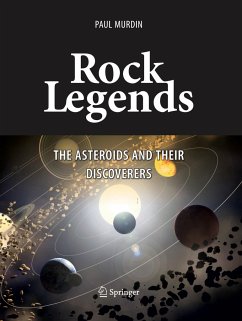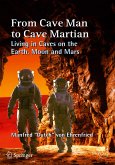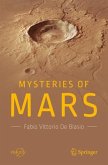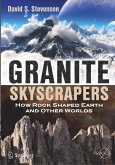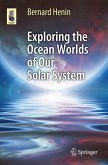This book relates the history of asteroid discoveries and christenings, from those of the early pioneering giants of Hersehel and Piazzi to modern-day amateurs. Moving from history and anecdotal information to science, the book's structure is provided by the names of the asteroids, including one named after the author.
Free from a need to conform to scientific naming conventions, the names evidence hero-worship, sycophancy, avarice, vanity, whimsy, erudition and wit, revealing the human side of astronomers, especially where controversy has followed the christening. Murdin draws from extensive historical records to explore the debate over these names. Each age reveals its own biases and preferences in the naming process.
<
Originally regarded as "vermin of the skies," asteroids are minor planets, rocky scraps left over from the formation of the larger planets, or broken fragments of worlds that have collided. Their scientific classification as "minor" planets makes them seem unimportant, but over the past decades asteroids have been acknowledged to be key players in the Solar System. This view of their starring role even alters the trajectories of spacecraft: NASA's policy for new space missions en route to the outer planets is that they must divert to study passing asteroids whenever possible. This book provides for readers a complete tour of the fascinating world of asteroids.
Free from a need to conform to scientific naming conventions, the names evidence hero-worship, sycophancy, avarice, vanity, whimsy, erudition and wit, revealing the human side of astronomers, especially where controversy has followed the christening. Murdin draws from extensive historical records to explore the debate over these names. Each age reveals its own biases and preferences in the naming process.
<
Originally regarded as "vermin of the skies," asteroids are minor planets, rocky scraps left over from the formation of the larger planets, or broken fragments of worlds that have collided. Their scientific classification as "minor" planets makes them seem unimportant, but over the past decades asteroids have been acknowledged to be key players in the Solar System. This view of their starring role even alters the trajectories of spacecraft: NASA's policy for new space missions en route to the outer planets is that they must divert to study passing asteroids whenever possible. This book provides for readers a complete tour of the fascinating world of asteroids.
"Paul Murdin has been honoured by having an asteroid named after him. ... This promotion to the celestial hall of fame has generated a fascination for asteroidal nomenclature the result of which is this gem of a book. ... Murdin's insightful, well-written, and highly readable book will do much to encourage more astronomers to study them." (David W. Hughes, The Observatory, Vol. 137 (1258), June, 2017)
"This work is a welcome addition to the literature on space discovery-whether for beginners or enthusiasts. ... Rock Legends is simple, engaging, well researched, and full of space facts. It has the potential to go platinum. Summing Up: Recommended. All readers." (R. I. Saltz, Choice, Vol. 54 (7), March, 2017)
"If you're wondering about the next occultation of Eris or the real background of the name (3512) Eriepa then you're into asteroids. ... Whether that's the case or you're just interested in how such odd names came to represent these orbiting rocks then Paul Murdin's book "Rock Legends - the Asteroids and Their Discoverers" will be a treat. Read it and maybe you can use it to place your own curve upon an asteroid's name." (Mark Mortimer, Universe Today, universetoday.com, November, 2016)
"This work is a welcome addition to the literature on space discovery-whether for beginners or enthusiasts. ... Rock Legends is simple, engaging, well researched, and full of space facts. It has the potential to go platinum. Summing Up: Recommended. All readers." (R. I. Saltz, Choice, Vol. 54 (7), March, 2017)
"If you're wondering about the next occultation of Eris or the real background of the name (3512) Eriepa then you're into asteroids. ... Whether that's the case or you're just interested in how such odd names came to represent these orbiting rocks then Paul Murdin's book "Rock Legends - the Asteroids and Their Discoverers" will be a treat. Read it and maybe you can use it to place your own curve upon an asteroid's name." (Mark Mortimer, Universe Today, universetoday.com, November, 2016)

